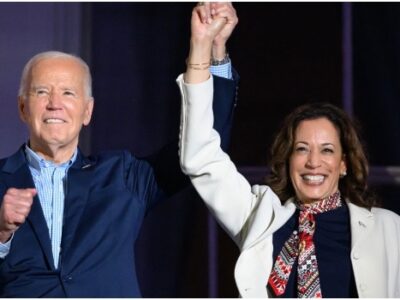By Admin
Former commissioner of information in kwara state, Raheem Adedoyin has charged the public office holders on effective management of information said it is a surest way to achieve inclusive governance.
He expressed this view while delivering lecture as a lead discussant on the programme organised by the Nigerian Institute of Public Relations, NIPR, kwara state chapter on Thursday in Ilorin, the state capital.
The topic of the programme “Effective Information Management as Key for Sustainable Inclusive Governance”
According to him, Discussing the topic as enunciated above implies laying bare two critical elements for discourse” effective information management” and of course the much used, if not abused concepts, ” inclusive or good governance.”
So, what is information management? Perhaps because it appears to be an interdisciplinary concept, information management has a protean face it means different things in different fields.
According to Wilson (2002), the term ‘information management’ is used ambiguously in the literatures of several fields: in computer science and its applications it is used as a synonym for information technology management (Synott and Gruber 1981) or as identical to ‘data management’.
In business or management studies it has similar connotations to technology management, with an emphasis on the relationship of information technology to business performance and competitiveness (Synott 1987 as cited in Wilson, 2002).
But transposed to the current discourse, we may be venturing into the area of the intrinsic linkage between effective communication strategies in delivering inclusive or good governance.
Given my academic and professional background as a practising journalist as well as my foray into politics, emerging as Special Adviser on Communication and Strategy as well as Information Commissioner, I do not gloss over lightly the intrinsic value of an effective communication strategy in the unending quest by state actors to drive good governance.
But what in itself is this inclusive or good “governance ” that is so blithely used by many state and non-state actors?
The Organisation for Economic Co-operation and Development(OECD), the 37-member-country institution drawn from North and South America to Europe and Asia-Pacific, says the ability of citizens to demand accountability and more open government is fundamental to good governance.
The import of this is that governance is inclusive when it effectively serves and engages all people; takes into account gender and other facets of personal identity as well as when institutions, policies, processes and services are accessible, accountable and responsive to all members of society.
In effect, entrenching inclusive governance is critical to promoting democratic values, peaceful pluralism and respect for diversity, human rights and rule of law.
How effective information management or better still, an all encompassing effective communication strategy help drive inclusive or good governance ought to underpin the discourse at this forum.
To be sure, there is a sense in which wrong use of information or communication could also be used to promote bad governance as had been demonstrated successively from our contemporary political history when information is randomly deployed to protect the state rather than serve as the voice of the people. (For example sustained propaganda to turn Gen. Sani Abacha into civilian President and Obasanjo third term project)
This invariably brings us to an unsurprising conclusion: Information may turn out a double edged sword which could be used for good or ill.
How then can we deploy an effective information machinery to promote the public good through engendering accountability, transparency and responsiveness in governance?
This is with a view to ensuring that not only does government purvey its programmes and policies to the people, but also refraining from inhibiting platforms for diverse voices to be heard and citizens to hold their leaders to account.
As communication specialists, we must recognise that good governance requires an inclusive public space based on informed dialogue and debate. The media readily fits into this public space and may well explain the popular perception of the media as the market place of ideas.
This why as Information managers or communication specialists, we can help deploy Information management tools to help foster support for governance reform by influencing opinion, attitudes and behaviour change among leaders and policymakers and the citizenry. ( Examples from tenure as Special Adviser on Communication and Strategy/ Information Commissioner)
If we recognise the chain that binds citizens, civil society organisations, media and government in achieving a framework for national dialogue, it should not be too difficult to see how effective information management can help shape public opinion for good or for ill.
In this light, deploying the right information and communication processes can help address both the supply and demand sides of governance through targeted and combined approaches:
Secure political will through formal and informal public interest lobbying and persuasion: i.e. Promotion of messages which seek to rally support for such bitter pills as the deregulation of the downstream sector of the petroleum industry. ( Examples from experience as Special Adviser on Communication and Strategy/ Information Commissioner.
Build public will through participatory and deliberative approaches such as initiatives which help to inform citizens and increase support for policies that benefit the many rather than the few. ( Examples from experience as Special Adviser on Communication and Strategy/Information Commissioner e,g Minimum Wage debate)
Conclusion: As noted, Information is a powerful tool to drive the governance process when deployed positively for the common good. It can also become an unconscionable weapon of mass destruction when placed in the wrong hands.










Comments